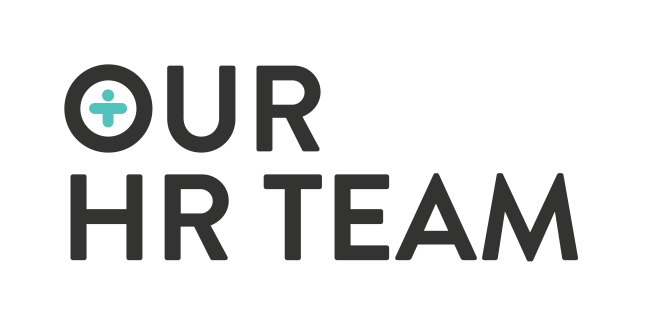By Phoebe Howe | Graduate HR Coordinator
In a significant move towards fostering safer and more inclusive workplaces, the Australian Human Rights Commission (AHRC) has introduced a significant change – the Positive Duty. This legal obligation, introduced in the Sex Discrimination Act 1984 (Cth), mandates employers to proactively prevent unlawful conduct in their workplace.
Positive duty is an ongoing duty, it shifts the emphasis from a complaints-based model to one where employers must continuously assess and evaluate whether they are meeting the requirements of the duty. It requires a risk management process where businesses and business owners must continually identify, assess, control, and review the risks.
Irrespective of their size or resources, every organisation and business in Australia bound by the Sex Discrimination Act is now obliged to comply with the Positive Duty.
Understanding the Positive Duty
The Positive Duty, effective from 1 December 2022, brings about a significant paradigm shift in how businesses address issues related to sex discrimination and harassment in the workplace. There is now far greater emphasis on the health and safety obligations of employers more broadly, and this is really captured within the positive duty requirements. It compels organisations to take concrete actions to combat and prevent various forms of ‘relevant unlawful conduct,’ such as:
- Discrimination on the grounds of sex within a work context.
- Sexual harassment linked to work.
- Sex-based harassment in work-related settings.
- Hostile workplace environment based on sex.
- Acts of victimisation related to these issues.
From 12 December 2023, the Australian Human Rights Commission will have authority to investigate and enforce compliance with the Positive Duty. To ensure your organisation adheres to this legislation, it’s imperative to be well-informed and prepared for the impending changes.
Guidelines for Compliance
To help organisations and businesses grasp the nuances of the Positive Duty and what it entails, the Commission has developed practical guidance materials. These guidelines encompass:
- A clear definition of the Positive Duty.
- The entities required to meet the Positive Duty.
- The concept of taking ‘reasonable and proportionate measures.’
- Insights into the enforcement mechanism of the Positive Duty.
- Exploration of related legal obligations.
Access the guidelines here: Guidelines for Complying with the Positive Duty (2023)
There are also a number of other useful guides available to help businesses understand the various types of relevant unlawful conduct and steps that must be taken. The Commission has also created a specialised resource tailored to small business.
If you as a manager or business owner see something that is not right – you fundamentally have an obligation to address the issue. It is no longer acceptable to have the view that it will be fine – they will sort it out.
It has a flow on effect. By refusing to tolerate or ignore behaviours that do not meet acceptable standards, we contribute to creating a culture of accountability, respect, and excellence. It is important to remember that the standard you walk past is the standard you accept.
If you would like to know more and/or need any assistance in what steps to take moving forward, do not hesitate to get in touch on 1300 1 OUR HR.





